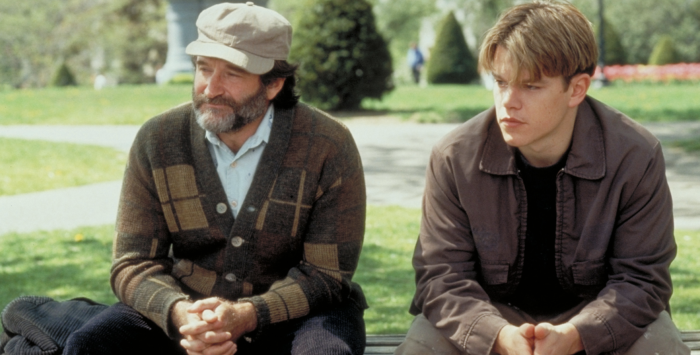I remember every tiny detail.
It was midday when I received a call from my 14-year-old son stating how he knows he should be grateful about his “great life” but felt like he wanted to die.
I instinctively knew I wasn’t prepared for what was about to happen next, and that my world—chaos interwoven with predictability—changed instantly. It felt like the ground was falling out from under me.
This day was starting to take on a rhythm of its own, and as I listened to my son explain to me how he feels, I asked him if I could take him to the doctor. When he replied “yes,” I knew intuitively that my son was showing clear signs of mental illness.
I sat stunned in utter silence—panicking and paralyzed. I couldn’t believe what I was hearing or how it could be possible for these words to be coming out of his mouth.
How could this be? This kid has everything—good health (or so I thought), a loving family, attends a great school, friends. Yet, something as fundamental as being able to feel good about himself and his life was missing.
Up until this point, we had exhausted the traditional routes—family physician, youth psychiatrist, multiple trips to the hospital, outpatient support, therapists, and even the school guidance counselor was calling us.
I felt as if we were navigating uncharted waters in a tiny little lifeboat, and we were losing sight of the shoreline, praying for the right intervention to save us.
A wave of quiet desperation, loneliness, and shame washed over me as our family experienced the onset of mental illness. The stillness of not knowing what to do was accompanied by an eerie silence. Did I wonder if somehow this onset may have been caused by me? I cataloged every step of my parenting to check if I had missed something.
It is interesting to think that we expect family members to know what to do while experiencing a mental health crisis.
Alone, without any compassion or understanding, we experienced hurdles trying to access services to help our son. It became paramount to me that mental illness is clearly not treated the same as a physical illness. There is no clear protocol.
The fundamental question I pondered was if mental health is health, then why is it treated so differently?
I will always remember the moment that I realized we needed serious intervention. I was truly unsure of what “help” even looked like, and it was even more frightening knowing that the professionals didn’t know what it looked like either.
How are we expecting individuals and families in crisis to know what to do when the professionals often don’t have answers?
Mental health is not as prescriptive as physical health. If someone shows up in the hospital with a broken bone or cardiac condition, we know exactly what to do. Mental health is more complex and nuanced and there are many factors that can determine the severity and safety of the illness.
Assessments typically take place when someone is in crisis, as compared to how they may be feeling prior to an episode or in a more stabilized situation. This often causes lifelong labeling that can do more damage than good.
People who are having a mental health crisis or are in an acute addictive state will not be able to answer you in a subjective honest manner about themselves, which often makes a diagnosis faulty. In fact, the very essence of addiction is the denial aspect.
D – Don’t
E – Even
N – Know
I – I
A – Am
L – Lying
A year later, we were still spinning in the mental health system and had not moved forward.
What we experienced firsthand was lack of professional guidance and expertise for what the process looked like as well as for what we were encountering. There was no clear path to recovery.
The stories of families navigating the mental health care and addiction system can be overwhelming, daunting, and emotionally exhausting. To find the correct help for their loved ones is complicated since there is “no clear path.”
It was evident to me that I now had a new job. I was the “system navigator” for our family—trying to find resources to support my son’s mental health, making calls daily, and doing the research.
What programs were available? What did we need? How long is the wait time? Is it an appropriate clinical match? Model of care? Costs? Age-appropriate services? Do we have a diagnosis?
By now, you may sense my frustration about navigating the onset of mental illness. How can I get a diagnosis without even being able to get into the system?
Eventually, I found my way—each call led to the next link in the chain.
So often, all the different players in mental health don’t work together well. They are system silos and each come with their own limitations, agendas, funding, and biases.
I began to see the need for an unbiased “clinical advocate” to introduce us and make sense of the multitude of options.
Eventually, my research led me to a therapeutic placement consultant who was able to offer a clear path. She helped guide our child to the appropriate clinical fit with the utmost compassion and persistent care.
If “mental health is health,” then we all have a responsibility to speak out and make mental health no different than physical health. Perpetuating the stigma by suffering in shame and silence is not an option.
~
For more help in your recovery, you can access this free Daily Practice tool.


 Share on bsky
Share on bsky





Read 0 comments and reply